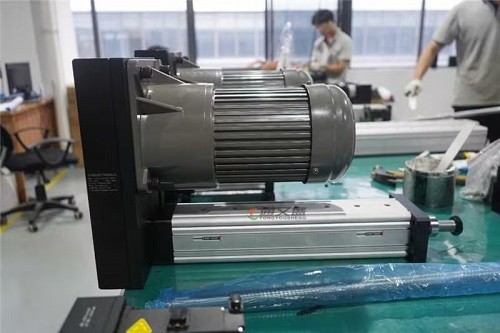Choosing the right electric cylinder involves several considerations to ensure it meets your application's needs effectively. Here are key factors to consider:
1. Load Capacity:
Determine the maximum load the electric cylinder needs to handle. This includes static and dynamic loads. Ensure the chosen electric cylinder can support this weight without compromising performance.
2. Stroke Length:
Define the required stroke length, which is the distance the electric cylinder needs to extend and retract. Electric cylinders come in various stroke lengths, so choose one that matches your application requirements.
3. Force Requirements:
Assess the force needed for your application. The electric cylinder's thrust or pushing/pulling force should align with your operational needs. Check the electric cylinder’s specifications for its maximum force output.

4. Speed:
Consider the required speed of operation. Electric cylinders offer various speed ranges, so select one that can achieve the desired speed without overheating or excessive wear.
5. Accuracy and Repeatability:
Evaluate the precision required for your application. Electric cylinders can offer high accuracy and repeatability, which is crucial for tasks requiring exact positioning.
6. Environment:
Take into account the environmental conditions where the electric cylinder will operate. Factors like temperature, humidity, exposure to chemicals, or potential for dust or moisture can affect performance. Choose a electric cylinder with appropriate protection for your environment.